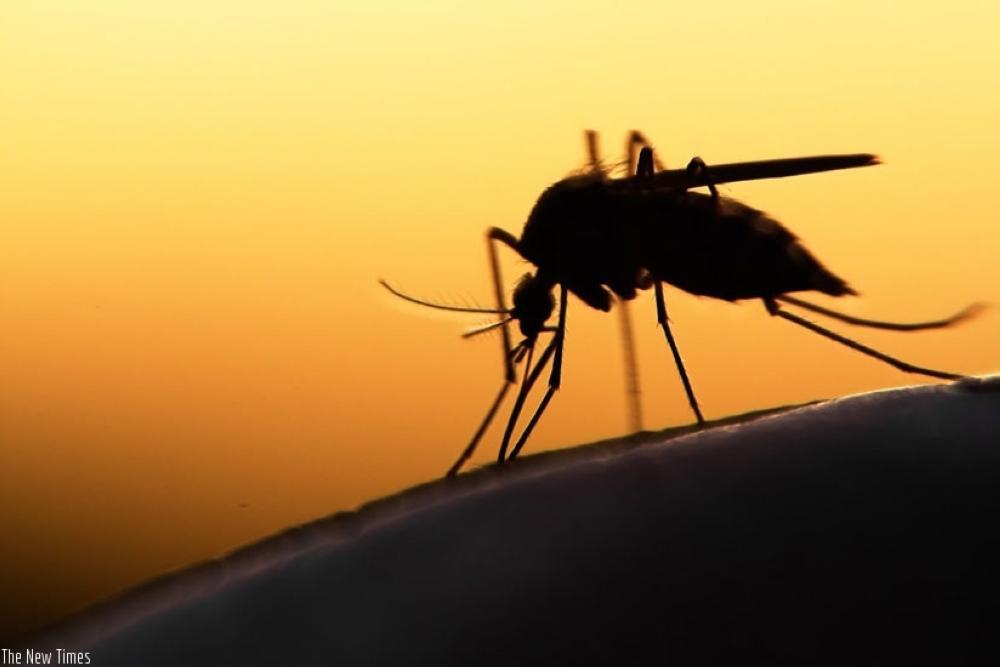Africa-Press – Liberia. Gavi, the Vaccine Alliance, and UNICEF have lowered the price of the new R21/Matrix-M malaria vaccine, a decision expected to expand access and protect close to seven million children across Africa over the next five years.
The agreement, supported by the International Finance Facility for Immunisation (IFFIm), will allow countries to secure millions of additional doses at a more affordable rate, making life-saving protection against one of the continent’s deadliest diseases more widely available.
The deal is projected to generate up to US$ 90 million in savings, enough to supply more than 30 million additional vaccine doses. IFFIm, a financing mechanism that converts long-term donor pledges into immediate funding, allowed Gavi and UNICEF to act quickly to negotiate equitable pricing with manufacturers.
“There has been an unprecedented demand for this new vaccine that will better protect children against one of Africa’s largest killers of children under five, and we thank our partners who are helping us match the strong commitment countries have already shown to the malaria vaccine,” said An Vermeersch, Gavi’s Chief Vaccine Programmes and Markets Officer in a joint Gavi–UNICEF announcement issued on November 21.
Gavi has already delivered over 40 million malaria vaccine doses to 24 African countries, which together account for more than 70 percent of the continent’s malaria burden. UNICEF, the world’s largest vaccine procurer, will manage procurement and manufacturer negotiations to maintain low prices and secure supply.
“A child dies from malaria every minute, a devastating death toll of nearly half a million young lives claimed each year. At this critical moment of unprecedented decline in funding for international aid, UNICEF is determined to continue our proactive work with partners to deliver enough vaccines at the best possible price to immunize and protect children from preventable diseases,” said Leila Pakkala, Director of UNICEF Supply Division.
Malaria is still a threat in Africa. In 2023, there were 263 million cases and 597,000 deaths worldwide, 95 percent of them in Africa. Children under five are most at risk because they have not yet developed partial immunity, and the disease imposes a heavy financial burden on families and hospitals. Treating uncomplicated cases costs US$ 4–7 per outpatient visit, while severe cases requiring hospitalization can exceed US$ 70.
R21/Matrix-M, recommended by the World Health Organization in 2023, is the newest malaria vaccine and complements the older RTS,S/AS01 vaccine. Clinical trials show both vaccines reduce malaria cases by more than half during the first year, with a fourth dose extending protection in the second year.
Seasonal administration in high-transmission areas can reduce cases by approximately 75 percent. R21/Matrix-M was co-developed by University of Oxford and Serum Institute of India using Novavax’s Matrix-M adjuvant technology.
As of November, 24 African countries have introduced malaria vaccines into their childhood immunization programmes.
The vaccine is now administered across 24 African countries, including Benin, Burkina Faso, Burundi, Cameroon, the Central African Republic, Chad, Côte d’Ivoire, the Democratic Republic of the Congo, Ethiopia, Ghana, Guinea, Kenya, Liberia, Niger, Nigeria, Malawi, Mali, Mozambique, Sierra Leone, South Sudan, Sudan, Togo, Uganda and Zambia. Fourteen countries adopted it in 2024, with Burundi, Uganda, Mali, Guinea, Togo, Ethiopia, and Zambia joining this year.
For More News And Analysis About Liberia Follow Africa-Press






